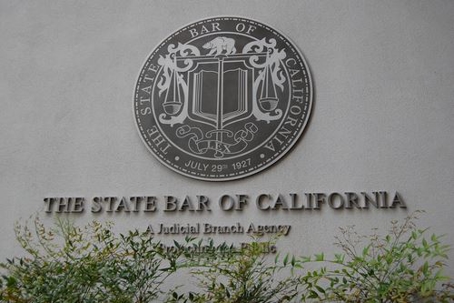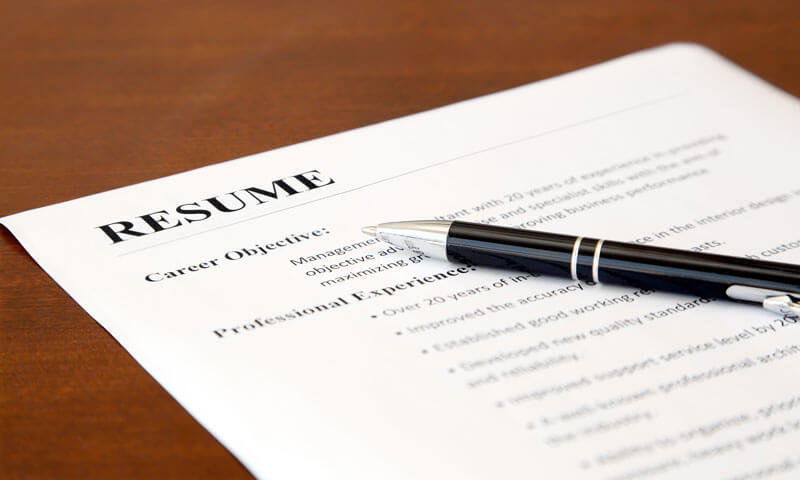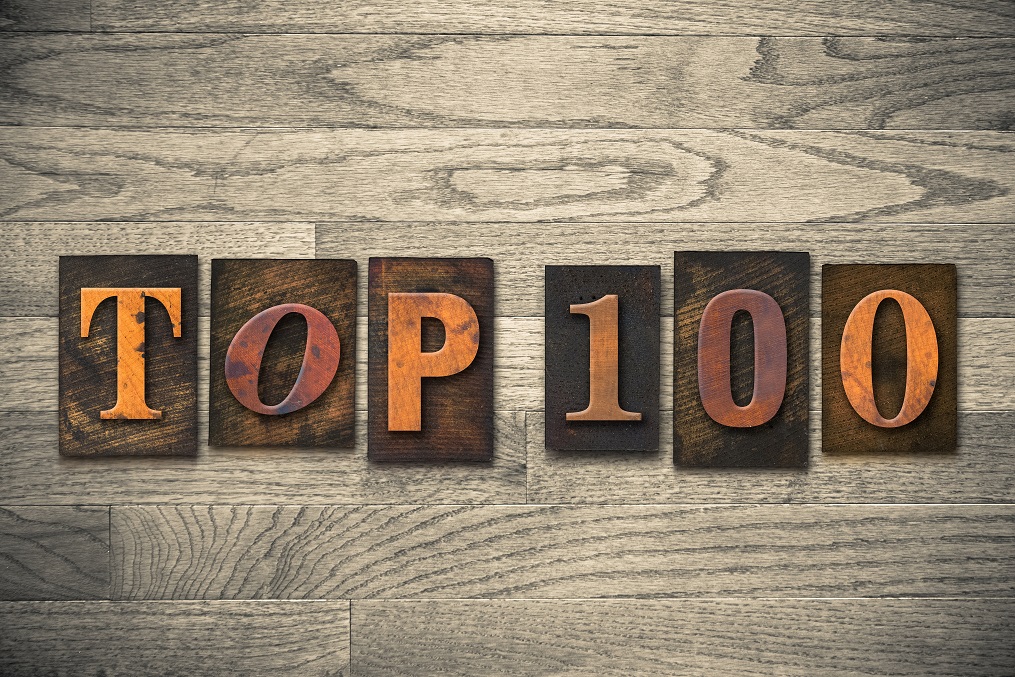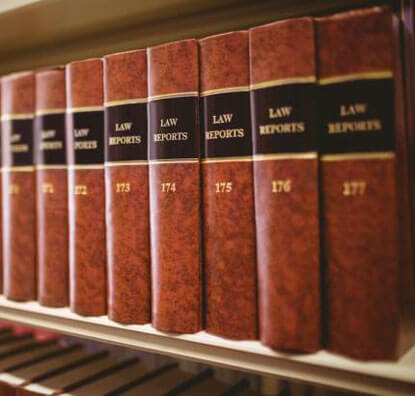
The State Bar of California has introduced a case-by-case framework for assessing law school graduates’ involvement in campus protests as part of the moral character review required for attorney licensure. This decision follows an internal evaluation aimed at balancing constitutional freedoms with the ethical standards expected in the legal profession.
New Guidance for Evaluators
A working group convened by the State Bar concluded that campus protest participation should not automatically influence moral character determinations. Instead, evaluators must analyze each applicant’s actions individually, focusing on “specific facts relevant to the individual applicant.” The group’s findings emphasize that applicants cannot be penalized for engaging in political speech or expression protected under the First Amendment.
The recommendations, slated for further discussion by the Committee of Bar Examiners, caution against blanket policies. Instead, the group stressed that evaluators should align their decisions with state and federal legal precedents. Even disciplinary actions from educational institutions should not necessarily result in negative outcomes unless the conduct reflects broader ethical concerns.
Maintaining Professional Standards While Protecting Rights
The moral character review is a critical step in California’s attorney licensing process, which also includes passing the bar exam. This assessment evaluates an applicant’s honesty, integrity, and ability to adhere to the law—key qualities for a practicing attorney.
The working group’s memo clarifies that the review process does not aim to punish applicants for past misconduct. “The purpose is to assess an applicant’s current moral character for the practice of law,” the memo states. While peaceful protest participation is typically protected, acts involving violence or infringement on others’ rights may raise legitimate concerns for further inquiry.
Want to know if you’re earning what you deserve? Find out with LawCrossing’s salary surveys.
Context of the Decision
The review process gained renewed attention following increased campus activism in response to the war in Gaza, which began in October 2023. Brandon Stallings, chair of the State Bar’s Board of Trustees, instructed staff to examine the issue after complaints were filed against applicants allegedly involved in protests.
One high-profile incident occurred at Berkeley Law in April 2024, when pro-Palestinian students disrupted a private dinner hosted by Dean Erwin Chemerinsky. The event raised questions about the boundary between constitutionally protected speech and actions that may warrant ethical scrutiny.
A State Bar spokesperson confirmed that numerous complaints had been filed concerning applicants’ roles in recent protests. These reports underscore the need for clear and equitable guidelines that respect constitutional rights while safeguarding the profession’s integrity.
California’s Influence on National Standards
California, which licenses up to 6,000 law graduates annually, serves as a national leader in attorney licensure. As the state with the second-largest population of lawyers in the U.S., its policies often influence practices in other jurisdictions. The approach taken by California’s State Bar—focused on individualized evaluations and adherence to constitutional principles—could serve as a model for other states.
The working group’s report highlights that while violent or rights-infringing conduct may disqualify an applicant, participation in protests or civil disobedience alone should not. “The focus should remain on the applicant’s current moral fitness rather than punitive measures for past actions,” the memo asserts.
Future Implications
The State Bar’s move toward individualized evaluations reflects its dedication to upholding fairness and justice. As the Committee of Bar Examiners prepares to deliberate on the recommendations, the legal community will be watching closely. This decision underscores the ongoing challenge of balancing the rights of individuals with the ethical demands of the legal profession—a challenge that resonates far beyond California’s borders.
















































